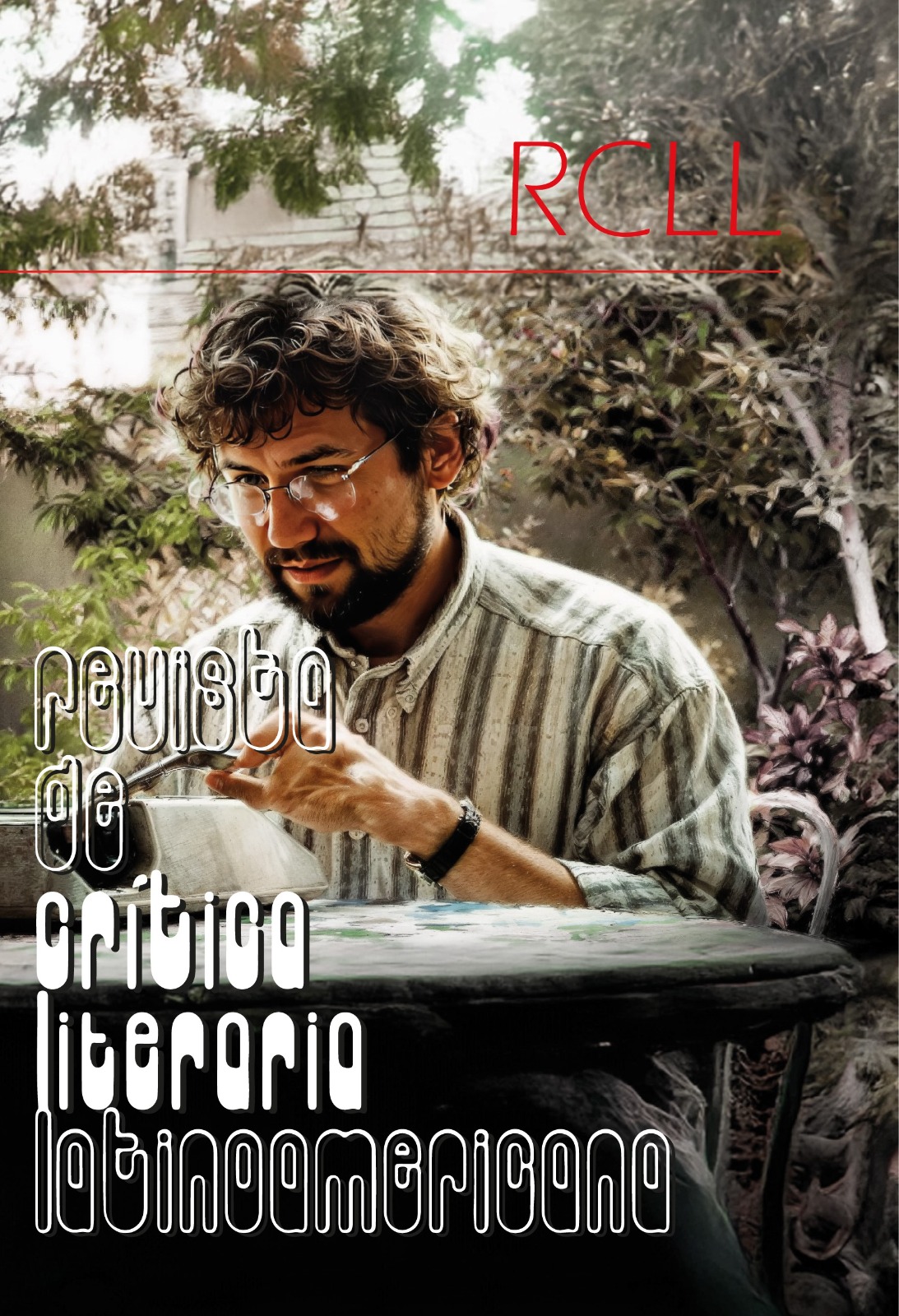Rafael Barrett, ¿un escritor moderno?
Keywords:
nature, modernity, barrett, worker, yerbalAbstract
Latin American literature from the first decades of the 20th century is profuse in works that represent, imagine and postulate a vision of the conflict between culture and nature. Usually read from the corpus of social realism and regionalism, some texts have begun to be the object of study of the new contemporary eco- critical perspectives. In this sense, a set of writings such as El dolor paraguayo by the Spanish-Paraguayan author Rafael Barrett presents some of these aspects that challenge the traditional dichotomy of nature and modernity. Indeed, this paper will examine Barrett’s writings published between 1907 and 1908 in the newspapers Rojo y Azul, Los sucesos and Los diarios, where alternative ways of imagining alliances between labor figures are evident: workers from both Rural Paraguay like los yerbales, with geological, mineral and vegetable agencies in pursuit of constituting, as evidenced in Barrett’s enunciation, a modernity that, like the original western modernity, also bets on the future and civilizational progress. On the other hand, and paradoxically, purely actantial forms of nature such as the jungle are also imagined in the writings of the anarchist intellectual to demonstrate that countermodern narratives also coexist in the texts.





